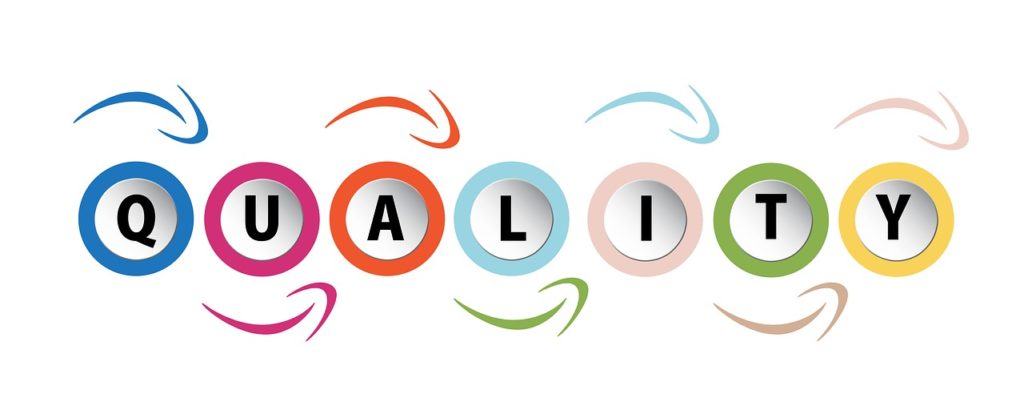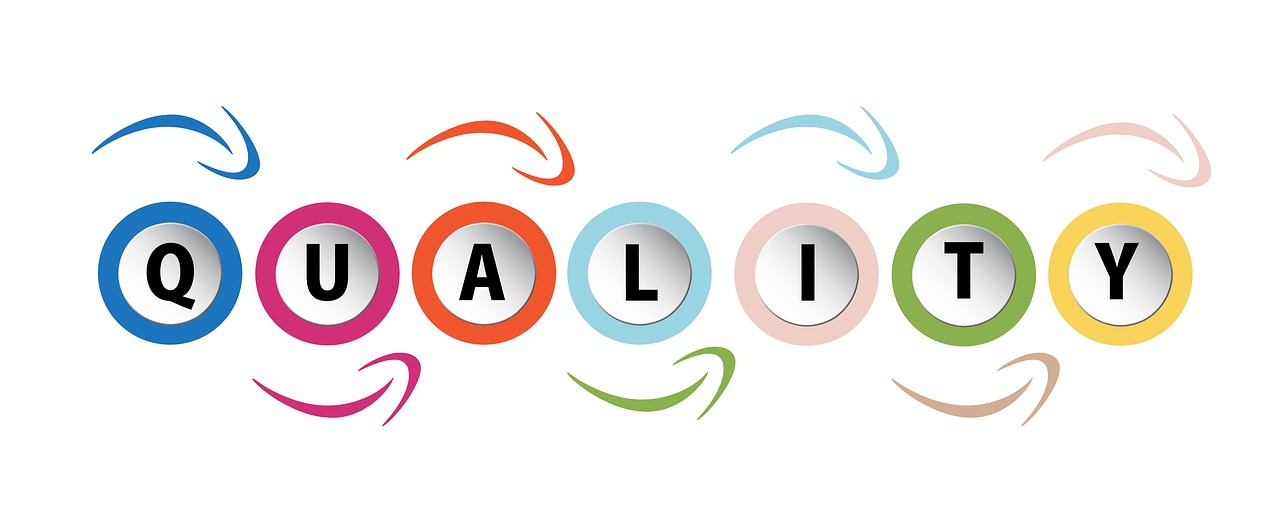
This Week’s Insights: Do you get audience by being good or by being relevant (and is it really a choice?)… Different audience = different experience… News as culture/audience issue… When the audience helps plan programming… The new video arena.
- Art Versus Quality Versus Utility Versus Audience – What’s The Balance? Arts Council England took a stand this week. In its new 10-year strategy, the funder said that “high quality” will no longer be the primary factor in deciding what it funds. Instead, relevance to community will be a major factor. And how do you determine relevance? Ah yes, that’s the issue. If the old thinking was create high quality work and audience will follow, now there’s an attempt to include a measure of what the impact is on a community. And which community. And that will inevitably change the audience – both who the audience is as well as what value they get from it. In the US, more and more funders are working to diversify audiences, and there’s a question of what differences social impact funding has on art forms. This story is a case study on the initiatives of one such funder.
- Does The Audience You’re Part Of Determine The Experience You Have? Howard Sherman attends the Humana theatre festival on a college weekend and unexpectedly finds himself in an audience of young people. It was a revelation, being part of a group of engaged young people focused intently on the work. “Most theatre professionals recognise the value of bringing in younger patrons, especially those seeking careers in the theatre, as essential to the continued welfare of the industry. But there’s another benefit to bringing in such a group – that it has the effect of improving the vitality of the entire audience, broadening the range of responses to the work and breaking down the homogeneity that too often affects that essential element of theatre: the audience.”
- News As A Cultural/Audience Issue: Cal Newport, a computer science expert writes: “Exposure to the online torrent of “incomplete, redundant, and often contradictory” information that now invariably follows a major news event is counterproductive and leaves us less informed. Even when nothing earth-shattering is happening on a given day, he continues, people follow a compulsive pattern of media consumption, triggered by any hint of boredom.” Moreover, our devices are designed to addict us. And the audience-gathering technologies that surround us are misaligned with healthy, informed news consumption. Writer Andrew Ferguson used to subscribe to four print newspapers, but over the years devolved to digital (as most of us have). So he tried an experiment and subscribed again. And what did he learn? It’s all about the personal rituals. Ritual is an addictive audience-building strategy.
- What Happens When You Ask Your Audience To Help Plan Programming? Well, here’s a real-life example: “For the last year or so, the Theatre Royal [in the English city of York] has not only been asking its audience what they think of their shows – it has invited them to make programming decisions themselves.” Visionari, a group of about 20 (old) Yorkers assembled by Theatre Royal, “[have] attended workshops, met everyone from the artistic director to the graphic designer, and taken responsibility for a week-long festival in the studio.”
- Watching Video Games In A Crowd Is Big. So Now We’re Designing Arenas For It: Fortnite is huge. And video game tournaments such as PAX sell out sports arenas in minutes. Now an arena specifically built for video game events. Should you care? Interesting to see the amenities this audience wants. The Fusion Arena, a $50 million, 65,000-square-foot venue dedicated to esports, is set to open in 2021 in Philadelphia’s sports district. Primarily, “[it] will host home games for the Philadelphia Fusion, the professional nine-person team in the 20-team Overwatch League, … but the arena will also host occasional outside events.”

Leave a Reply